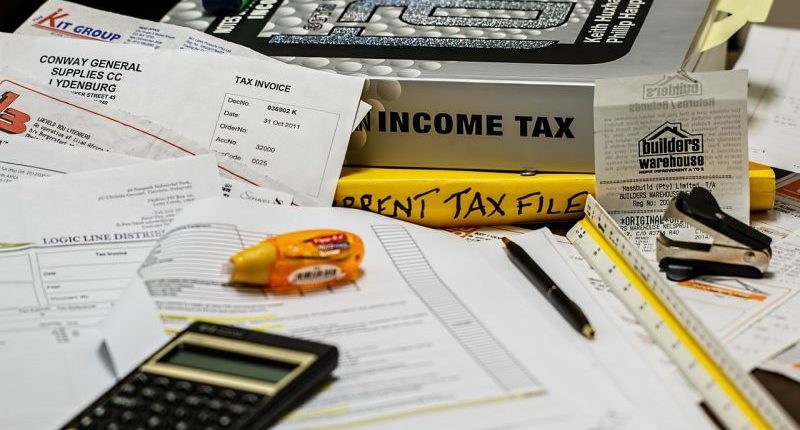FM Nirmala Sitharaman in her first maiden Budget introduced Section 194N for deduction of TDS on cash withdrawals exceeding Rs 1 crore. With an aim to discourage cash transactions in the economy and move towards a cashless economy, the Modi government 2.0 has introduced Section 194N under the Income Tax Act.
Any banking company (private or public) or post office will have to deduct tax at source at the rate of 2% on the cash withdrawals in excess of Rs 1 crore made by any person in aggregate made during a financial year, from one or more accounts maintained by the person himself.
This provision seemed to have a large-cap for cash withdrawals of Rs 1 crore. However, this provision will affect the liquidity of the manufacturing industries with huge working capital requirement for carrying their day-to-day operations. A huge amount of cash will be withheld by the banks as TDS on cash withdrawals.
According to the income tax provisions, taxes deducted by a payer shall be treated as tax paid on behalf of the payee on its income. The payee can avail the credit of such taxes paid while filing his income tax returns. But the cash withdrawn from a person’s own account cannot be treated as income.
Also Read: Centre Rolls Out Measures to Control Slowdown in the Economy
Cash withdrawals from one or more accounts maintained with a bank (including cooperative society bank) or a post office cannot take the character of any income earned by such person and hence is not a payment. The bank is only returning the money to the person from his account on his own demand. So, this is clear that under any situation, cash withdrawals cannot be treated as income earned by such person during a financial year.
The government has not made any changes in the provision that states how much of the tax deducted can be credited. Therefore, the question remains – how will an individual claim the credit of the tax deducted under Section 194N since there is no income corresponding to such TDS? The provision of Section 194N is violating the existing provisions of the Income Tax Act.
Additionally, the introduction of Section 194N is unconstitutional. The individual withdrawing cash from his own account will spend the amount either for personal use or for business purposes.
In both the scenarios, the TDS on such withdrawal will lead to tax the expenses of that person. None of the list (Union List or Concurrent List) of the Seventh Schedule of the Constitution of India empowers applicability of tax on any expenditure. Hence, levying the tax on expenses is unconstitutional.
I am an aspiring Chartered Accountant. I spend most of my free time dredging through the various Indian finance subreddits. I am a semi-professional bowler with a high strike rate every time there is a new tax reform!





